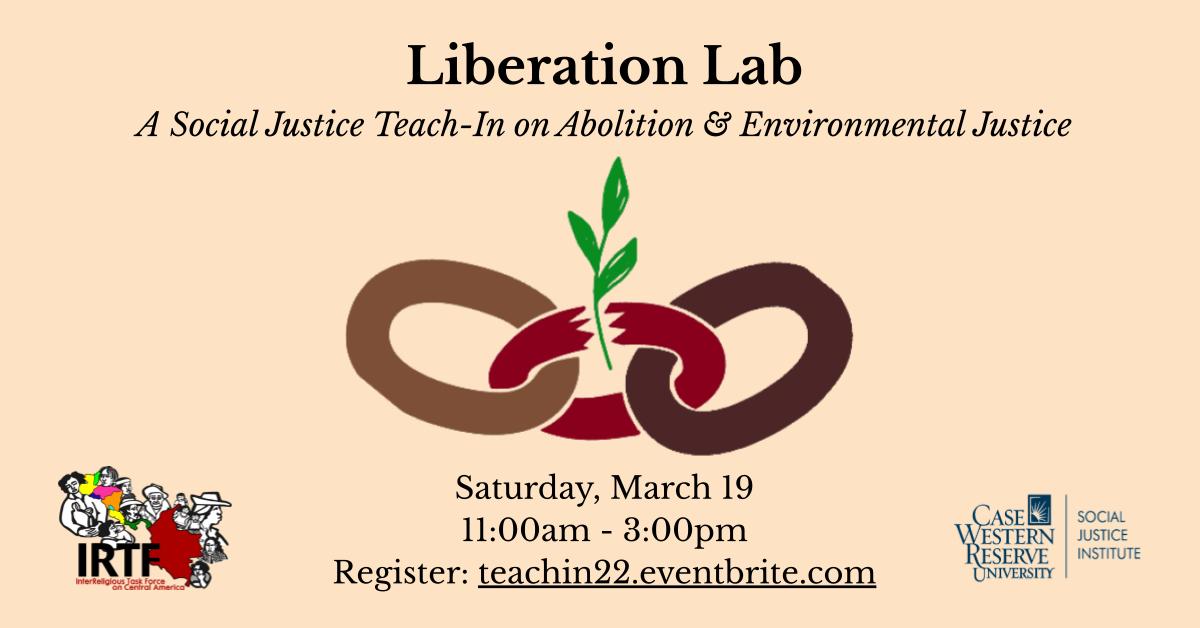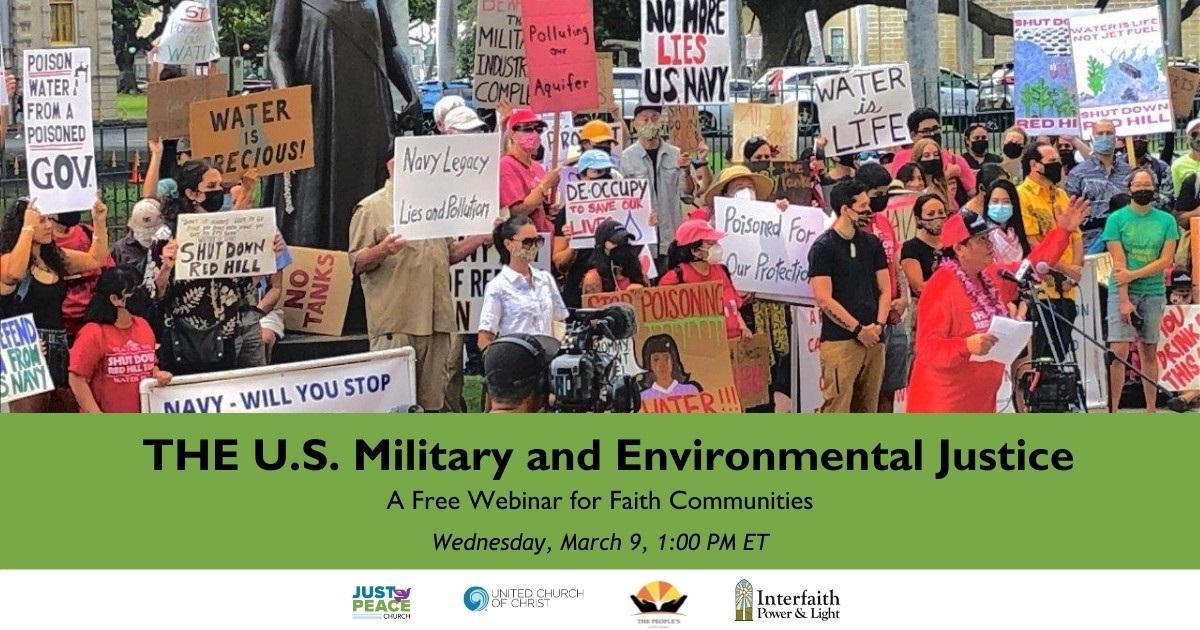This year’s “Water & War” festival from March 15-22, 2022 explores the intersection of militarism & water, survival & resistance, in the lead-up to World Water Day on March 22. A unique mix of films explores this theme, from PFAS pollution on a military base in Michigan and the infamous Red Hill fuel leak in Hawai’i poisoning groundwater, to Syrian war refugees fleeing violent conflict by boat to Europe and the story of the assassination of Honduran Indigenous water activist Berta Cáceres.
- Home
- About Us
- Issues
- Countries
- Rapid Response Network
- Young Adults
- Get Involved
- Calendar
- Donate
- Blog



